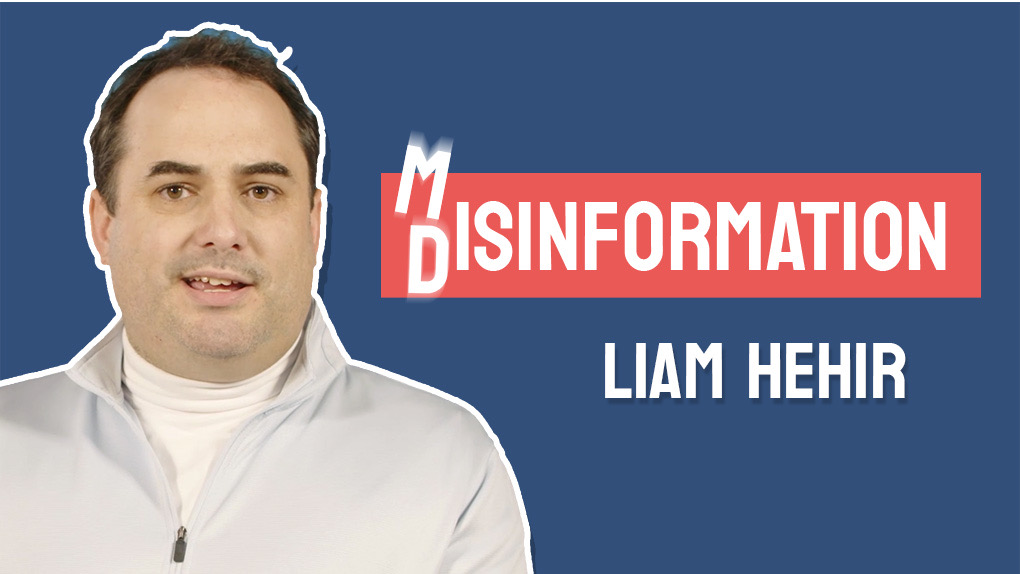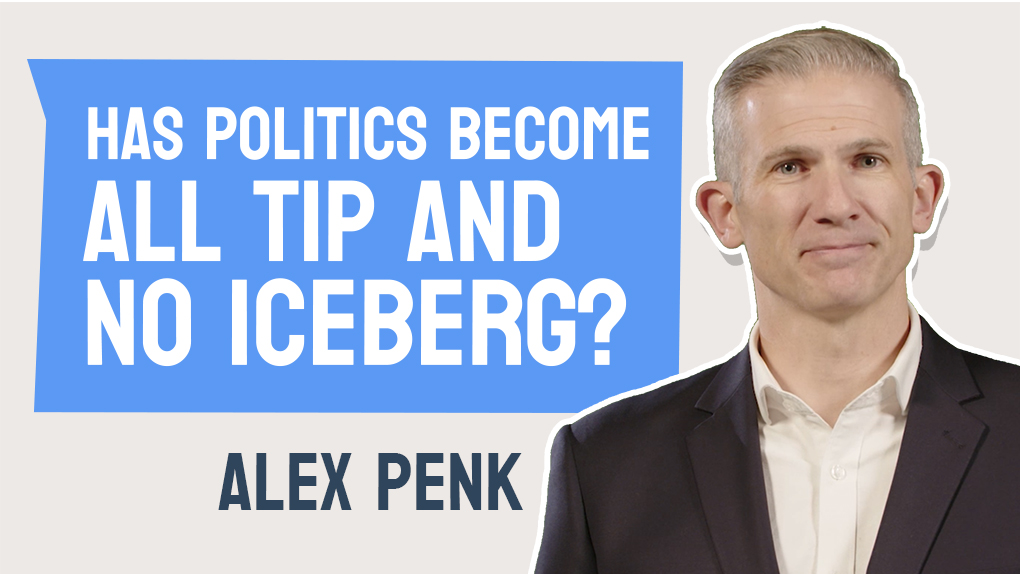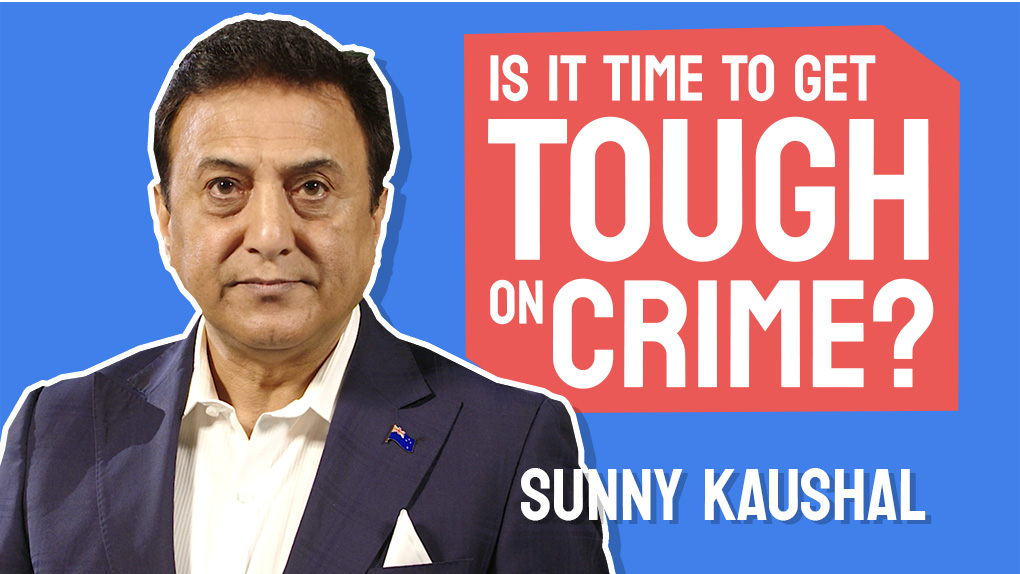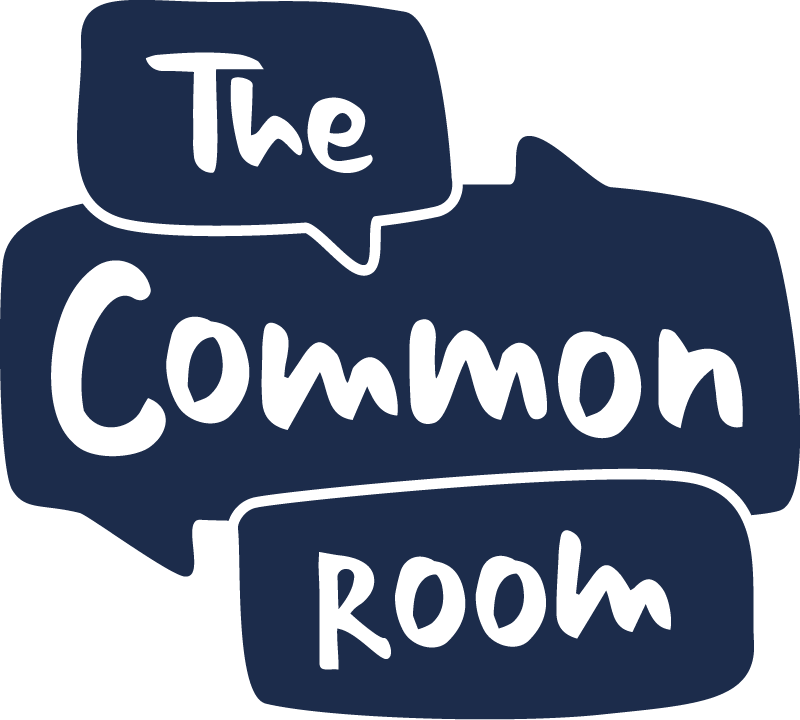The one-sided cannabis debate
12 March 2023, 16.4k views*
When issues are important enough to go to a public referendum, should the media report both sides of the debate evenly and let the public make up their minds? Or is the media’s role to influence the vote? We look at the 2020 cannabis referendum, and whether the media coverage reflected the public mood.
I will never forget the day I was announced as the Say Nope to Dope spokesperson. Within hours of the press release being sent to media, I received an anonymous call from a radio station where the announcer told me that if I intended to be speak out against cannabis legalisation he would bring every power at his disposal to destroy me.
I spent 25 years in the NZ Media, including time as a newsreader, and I struggled to believe that bias was an issue. I would quickly learn that some journalists were no longer satisfied with reporting the news. They wanted to make the news. And they nearly managed it.
Our referendum victory was against all odds. Say Nope to Dope was up against 10 Yes campaigns and a media determined to give them an advantage. It wasn’t a fair fight but common sense prevailed!
After the Election, we analysed the print media coverage of the referendum. Most Kiwis expect balanced reporting of important issues regardless of how they see things. All they want is enough information to make a good decision. What we uncovered was shocking.
Advocates promoting the Yes position were quoted twice as often as our side. Over half the articles failed to quote anyone from the No campaign, twice as often as the Yes perspective was omitted. When they did quote us, it was often printed at the bottom of the story, where only the dedicated would discover. A third of all articles were entirely biased towards the Yes point of view, but only 6% of articles were biased towards No. Put simply, “Yes” coverage twice as biased as “No”.
Those writing the stories hoped to change people’s minds. If their stories had instead reflected the attitudes of voters, they would have been evenly balanced. Over 50% of adults opposed legalisation – but you would never guess that browsing through the newspapers.
However, it wasn’t just the biased coverage that concerned me. It was seeing firsthand that journalists were willing to distort the coverage and attempt to discredit our message. Say Nope to Dope was an alliance of around 20 organisations who fell under the umbrella of Smart Approaches to Marijuana NZ. We had borrowed the name from a US organisation that provides research on cannabis legalisation to American politicians.
Early in the campaign, I was interviewed by a well-known TV journalist about the role that SAM USA had in Say Nope to Dope. The accusation was that they were secretly bankrolling our efforts and trying to affect the outcome of the referendum. I explained that we only used their research and borrowed their name, but that they weren’t involved in strategizing or funding SAM NZ. We even offered to produce an auditor’s letter proving that we were 100% funded by concerned Kiwi families. That same journalist interviewed someone from SAM USA who confirmed our story. Despite all this, the next day, the news story was about how the US was interfering in the New Zealand elections. Justice Minister Andrew Little was even fed information that this was true. Yet all along they knew they were selling a lie. We were furious and demanded an opportunity to correct the error.
The next day a 20 second clarification was broadcast – but not during the news, but just after the Sports News. Sadly, the damage was done. The question of US involvement would plague us for the remainder of the campaign. You can imagine how frustrating and ironic it was to answer a false accusation created by journalists wanting to change the outcome of the referendum. It was sad that I could no longer assume that the news media is impartial and objective.
Some journalists now yearn to be influencers. They want to see their name in the history books. Too many are more interested in followers than facts. I never believed Fake News was a real thing until I watched the facts get twisted into a new narrative barely inspired by actual events. It doesn’t happen for every issue – but it did on this one.
The news media needs to take a long hard look at itself. Kiwis deserve to hear both sides of the story reported without an editorial bias. Without balanced reporting that space can be filled by extremists and conspiracy theorists. They offer their own distortion of reality.
Truth still matters.
I’m Aaron Ironside, for the Common Room.
*Aggregated views across platforms




